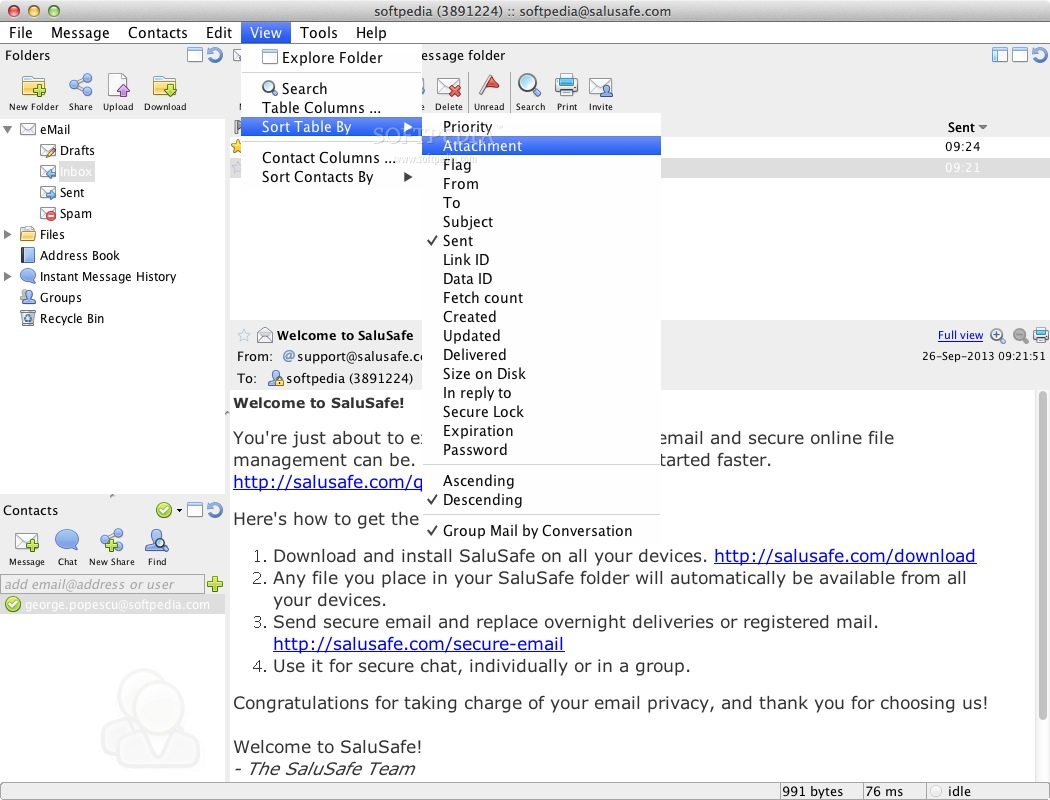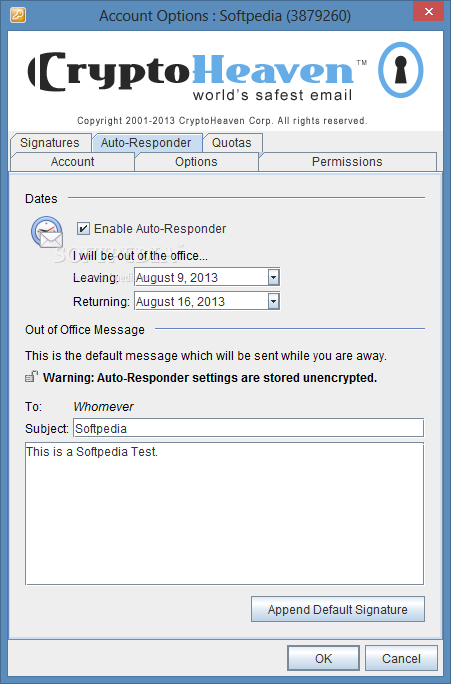
In comparison, Costa Rica has a stable political atmosphere and has one of the best online infrastructures in Latin America. Third, Costa Rica offers technology companies several competitive advantages that its neighboring countries in Latin America cannot offer.

The CBCR also declared that cryptocurrency users assume the “associated financial risks.” Despite this warning, there is still a high demand for businesses to incorporate cryptocurrencies into their payment systems and accept them as payment.

Consequently, the banks do not accept deposits resulting from cryptocurrency transactions, regardless if the deposit came from the United States. One challenge for cryptocurrency in Costa Rica is that the banks and escrow companies refuse to recognize the incomes resulting from virtual currencies as legal income. Even though cryptocurrency transactions cannot be made through the National System of Electronic Payment (SINPE), many businesses in Costa Rica nevertheless accept cryptocurrency as a medium of exchange. While the government does not regulate cryptocurrency as a means of payment and the Central Bank of Costa Rica (CBCR) declared that cryptocurrencies are outside of the national banking system, cryptocurrencies are nevertheless accepted at an abundance of stores. The second reason Costa Rica is considered a crypto-haven is that its citizens widely accept cryptocurrencies. However, the discretion to decide to receive payment in cryptocurrency lies in the workers’ hands, not the employers. Consequently, workers who only make minimum wage cannot be paid in cryptocurrencies, but employees who make more than minimum wage or paid in salary may be paid in cryptocurrency. Second, the legal minimum wage must be paid in money, but employers may pay salaries in other goods that are not money, such as Bitcoins. Calculating this daily value requires effort, and the volatility of cryptocurrency prices further complicates this issue. First, employers must pay a portion of their social security based on the cryptocurrency’s value on the payment’s date. However, there are still legal obstacles for employers that intend to pay their employees with cryptocurrency.

Arguably, cryptocurrency is a “commonly accepted asset” in Costa Rica. Technically, Costa Rica’s law permits employees to be paid in “commonly accepted assets” as a means of payment. Regulation of Digital Currencies: Cryptocurrency, Bitcoins, Blockchain Technologyįor several reasons, various commentators have called Costa Rica a “crypto haven.” First, Costa Rica is one of few jurisdictions worldwide where it is legal for employers to pay their employees in cryptocurrency.


 0 kommentar(er)
0 kommentar(er)
